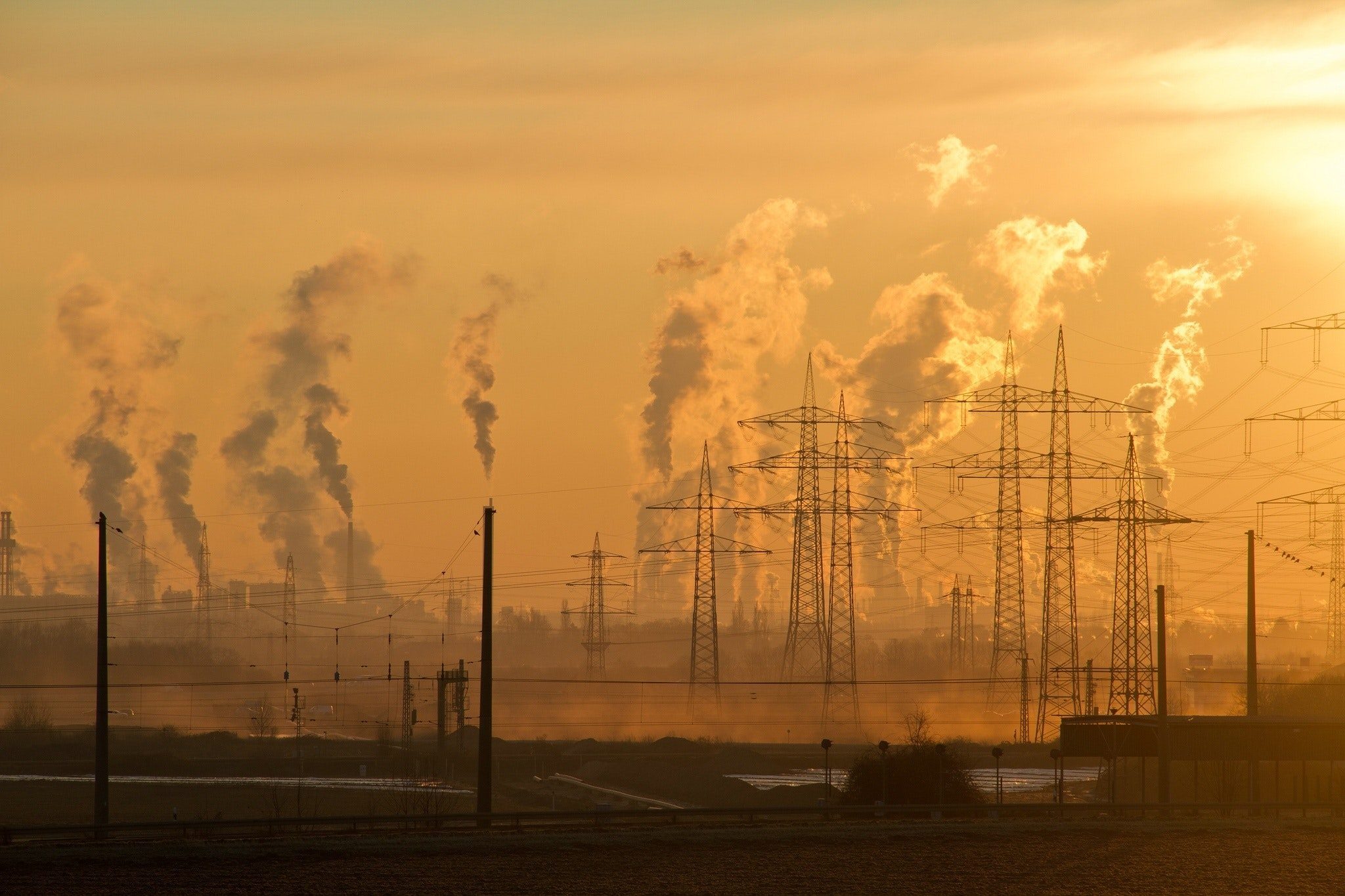The new report called for empowering vulnerable countries to curb climate change.
Humanity is “on thin ice” in the absence of climate action to prevent the consequences of climate change, United Nations Secretary-General Antonio Guterres warned last week.
“Humanity is on thin ice—and that ice is melting fast,” Guterres said, noting that climate action is needed “on all fronts“.
The UN chief’s remarks came during the release of yet another report by the Intergovernmental Panel on Climate Change (IPCC) about the world’s climate and environment, written by 93 authors.
Scientists in the report noted that there are still “multiple, feasible and effective” options to reduce greenhouse gas emissions and mitigate the impact of climate change, with the need for immediate action is increasing.
“This Synthesis Report underscores the urgency of taking more ambitious action and shows that, if we act now, we can still secure a liveable sustainable future for all,” Hoesung Lee, IPCC Chair, said.
According to the report, the world has warmed to 1.1 degrees Celsius above the pre-industrial levels, between 1850-1900, causing harsh weather conditions that have led to heat waves, heavier rainfall, among others.
Scientists warned that there is a closing window of chances to achieve a sustainable future globally, stressing how crucial is to implement adequate policies to curb climate change this decade.
The IPCC added that emissions should be decreasing and should be halved by 2030 if warming is limited to 1.5 degrees Celsius.
The heating of the planet has impacted various vulnerable areas, almost half of the global population, and could further contribute to what the IPCC describes as “climate-driven food and water insecurity”.
“When the risks combine with other adverse events, such as pandemics or conflicts, they become even more difficult to manage,” the report said.
Not all hope is lost
Despite previous warnings over the ramifications of climate change, researchers at the IPCC found that global greenhouse gas emissions have only increased. Some of the causes included unsustainable energy and land usage along with lifestyles.
Commenting on the scope of the damage, an author of the report, Aditi Mukherji, noted that “those who have contributed least to climate change are being disproportionately affected.”
“In the last decade, deaths from floods, droughts and storms were 15 times higher in highly vulnerable regions,“ Mukherji said.
In another observation, scientists said that in the event that global warming surpasses 1.5 degrees Celsius, there is still a chance to gradually reduce it by achieving and sustaining net negative global CO2 emissions.”
Climate Resilient Development
Aside from from the bleak outlook, researchers stressed the importance of climate resilient development in curbing the impacts of the phenomenon, both on the planet and its population.
“The greatest gains in wellbeing could come from prioritising climate risk reduction for low-income and marginalised communities, including people living in informal settlements,” Christopher Trisos, one IPCC report author, said.
One measure suggested included providing access to clean energy and developed technologies that can mutually benefit the planet, especially women and children.
Another example mentioned in the report included introducing low-carbon electrification, promoting walking and cycling as well as public transportation.
“The economic benefits for people’s health from air quality improvements alone would be roughly the same, or possibly even larger than the costs of reducing or avoiding emissions,” the IPCC said.
The IPCC report emphasised the need to finance climate investments, calling on governments to take action in implementing policies that can effectively lead to a drop in emissions while simultaneously contributing to climate resilience.
One factor that has immensely contributed to climate change is overconsumption, which also calls for the spread of awareness on how it is reflected on global emissions.
“Transformational changes are more likely to succeed where there is trust, where everyone works together to prioritise risk reduction, and where benefits and burdens are shared equitably,” Lee said.







